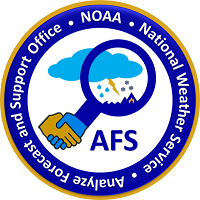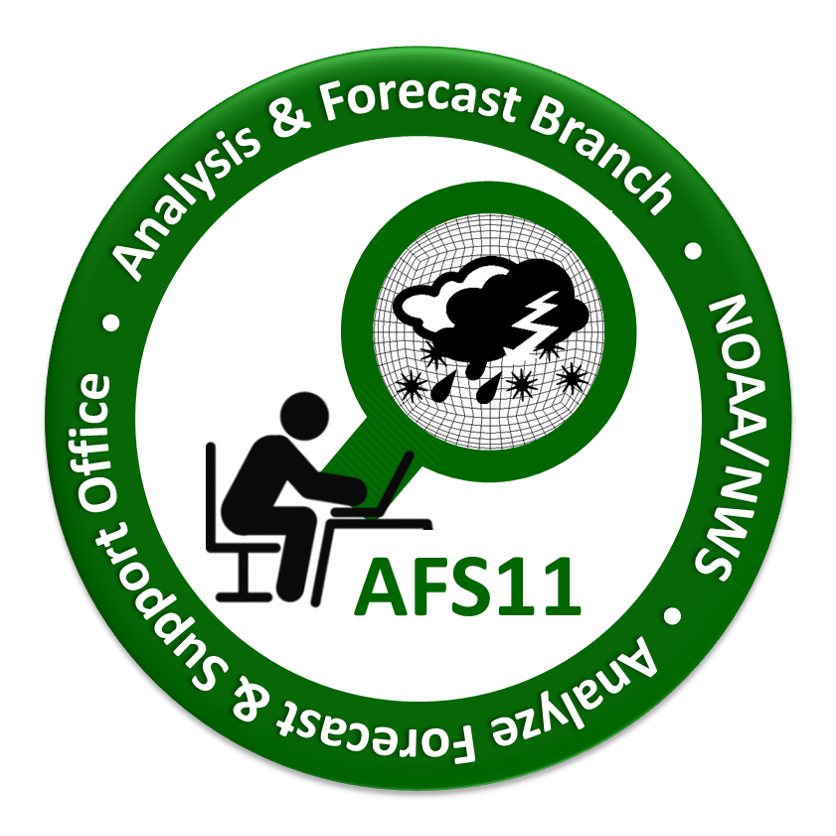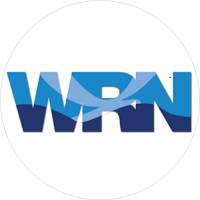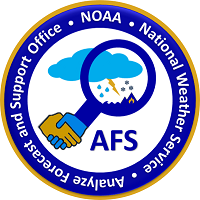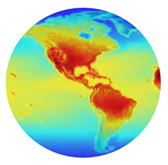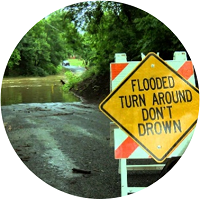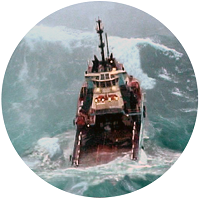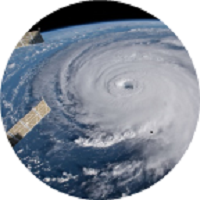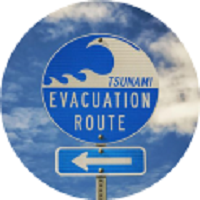Analyze, Forecast, & Support Office - AFSO
Allie Allen | Director, AFSO allison.allen@noaa.gov 301.427.9120
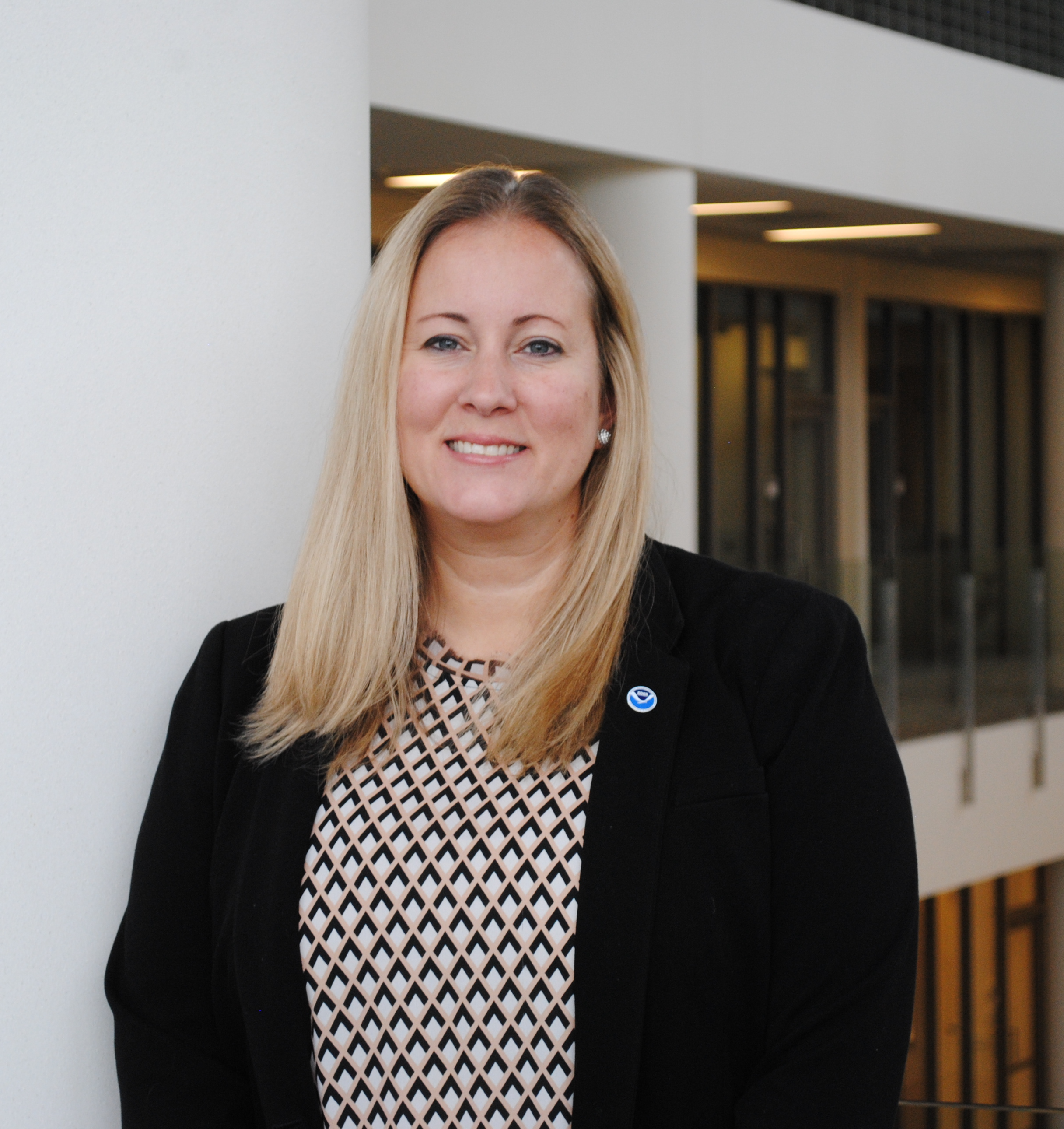
The Analyze, Forecast and Support Office (AFSO) is responsible for financial management & oversight of the Analyze, Forecast & Support (AFS) portfolio. The AFS portfolio is the largest portfolio in the NWS which encompasses the field forecast & warning mission, the facilities that support the mission & programmatic leadership in the provision of life saving decision support services.

Mark Tew | Division Chief, AFS1 mark.tew@noaa.gov 301.427.9370
The Division provides expertise to support the field warning mission including validating new tools and innovations that help forecasters assimilate data for warnings and forecasts. The Division oversees NWS web and dissemination policy and stays abreast of the technology changes that impact the way that NWS communicates our information to core partners, the weather enterprise and the general public in close coordination with the Dissemination Portfolio. The AMSD also has the responsibility to support the National Service Programs and the field by providing leadership associated with the strategically important Weather Ready Nation (WRN) initiatives, the national Warning Coordination Meteorologist (WCM) program and for providing decision support policy and expertise to emerging service sectors that need NWS information.
Mary Mullusky | Division Chief, AFS2 mary.mullusky@noaa.gov 301.427.9351
The Forecast Services Division's (FSD) primary responsibility is the development of requirements, policy, and procedures for all NWS forecast and warning services. The Division provides oversight to the 11 National Service Programs on the sustainment of current services as well as the requirements and programmatic expertise that aids in the design and implementation of improved services. The Division ensures integration among the service programs for the application of ongoing scientific and technical advancements to enhance weather prediction throughout the country. The Division is responsible for recognizing and overseeing weather-climate-water linkages and integrating into improvement activities as well as providing subject matter expertise to support extended services not directly linked to the national service programs (e.g., surface transportation, renewable energy, etc.).




